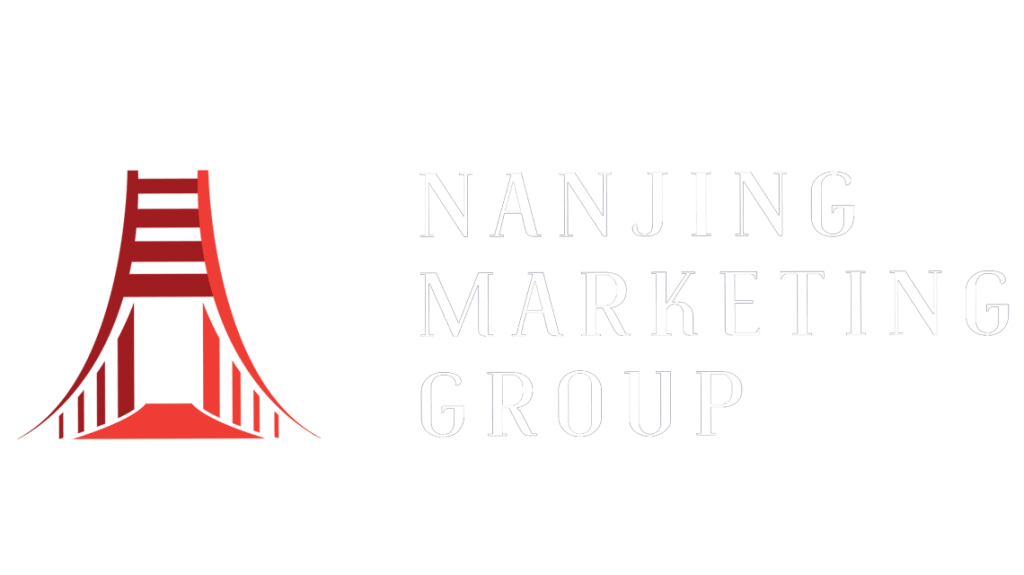How do you get a person to change their opinion on medical matters? It seems tough to do, right? But it can be done, and it’s a great topic for us to discuss to help you learn more about marketing.
Please watch the video or read the transcription below.
I once saw a nurse convince a whole room of pregnant Chinese women to change some of their actions regarding their postpartum health.
It was a masterclass in how to persuade people to make certain health decisions.
My wife planned not to shower or bathe for several weeks after giving birth. Before the session with the nurse, I reacted to her decision with something like “WTF, that sounds like some superstitious BS. Of course you need to shower!” But she wasn’t persuaded at all. If anything, I just made her dig her heels in more. She was absolutely determined not to shower after giving birth.
It’s actually a common practice in China, called “坐月子” (zuò
I recall a tragic case where a woman in China died from heat exhaustion. Apparently, she had been wrapped up in extra clothes and blankets… during a heatwave… and without air conditioning.
The practice of 坐月子 isn’t only like a set of practical recommendations, but it has cultural and traditional importance as well. It’s very hard to get people to change their minds about such things, right?
Now, I’ll tell you about the nurse’s approach.
My wife and I attended an information session in Edmonton, Canada. It was a Chinese-language session, and all the other expectant mothers there were Chinese.
The nurse approached each health misconception individually but always followed the same pattern as she tackled each point.
First, she identified the belief.
For example: “It’s a common belief that women should not shower for several weeks after birth, because showering can cause disease.”
Next, she empathized with the people who hold that belief and explained its origins, as well as the thinking behind it.
She didn’t start off by immediately attacking the belief. First, she gave an explanation in support of it.
For example: “The belief that you shouldn’t shower after childbirth made some sense. Women in China that used tap water could be exposed to germs in the water that would actually make it more likely that they’d get sick by washing wounded areas. So, it made sense for them to avoid tap water.”
Finally, the nurse explained her recommendations, and why they are best suited to the current situation.
For example: “But here in Edmonton, our tap water is filtered to remove germs. It’s safe to shower in. Plus, showering will remove germs or toxins that build up over time. So, you’re safer showering than not showering. Also, if you don’t shower, you’ll get stinky, and you don’t want that.”
Why did this nurse succeed, and I fail? After all, I’d like to think that I know my wife better, and I’m a marketing expert who helps clients sell hundreds of millions of dollars’ worth of stuff.
So, exactly why was the nurse so good at getting these points across to my wife and the other expectant mothers?
First, she was very knowledgeable on the topic. But that alone wouldn’t be enough. Actually, I think all the women in the room already had a doctor who had tried, and failed, to explain why they should change some health behaviors.
Second, she had listened to expectant Chinese mothers, like my wife, very carefully. She understood why they held certain beliefs and didn’t outright dismiss them as being illogical.
Listening is harder than you think, and it’s often where marketing campaigns go off-course.
Finally, the nurse didn’t get confrontational or try to force the mothers to take any action. In marketing and sales, we know that people don’t like to be sold to. They don’t like to be pushed.
It’s also worth noting that the nurse’s final explanation for what to do wasn’t long or complex.
When trying to persuade people to make an important decision, make sure you understand them extremely well… so well that you can totally see where they’re coming from. Once you have that mutual understanding, then you introduce the new knowledge directly so they can really start considering the things you’re telling them.
